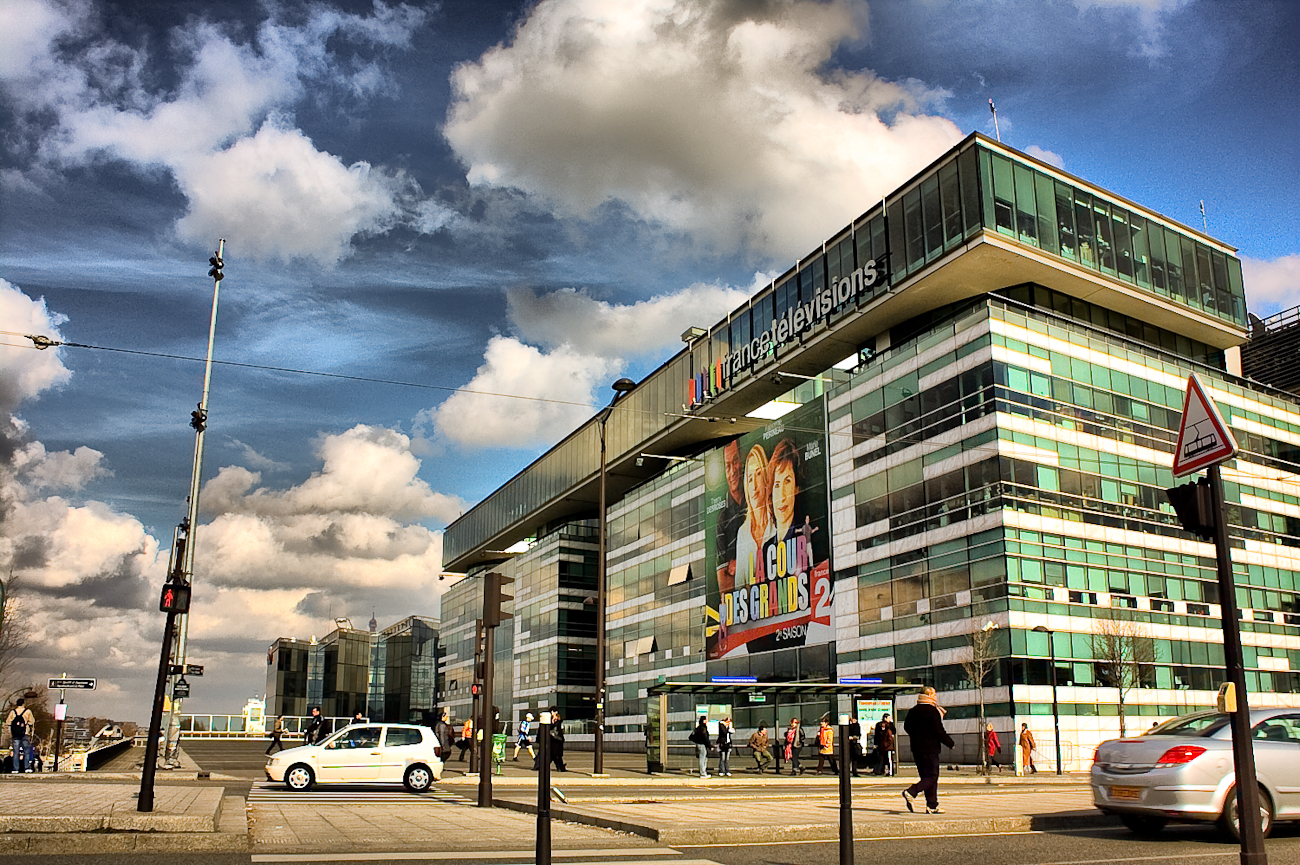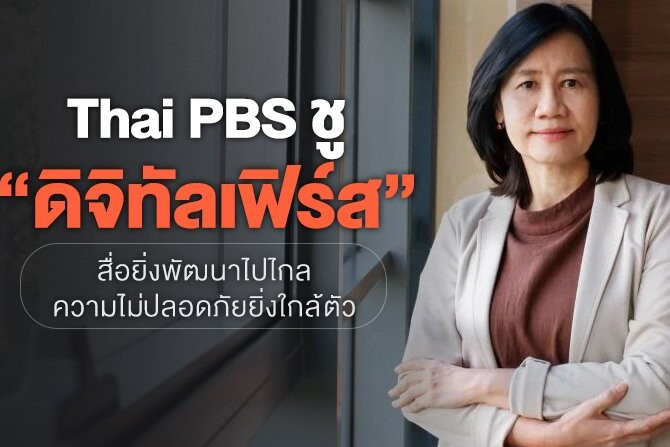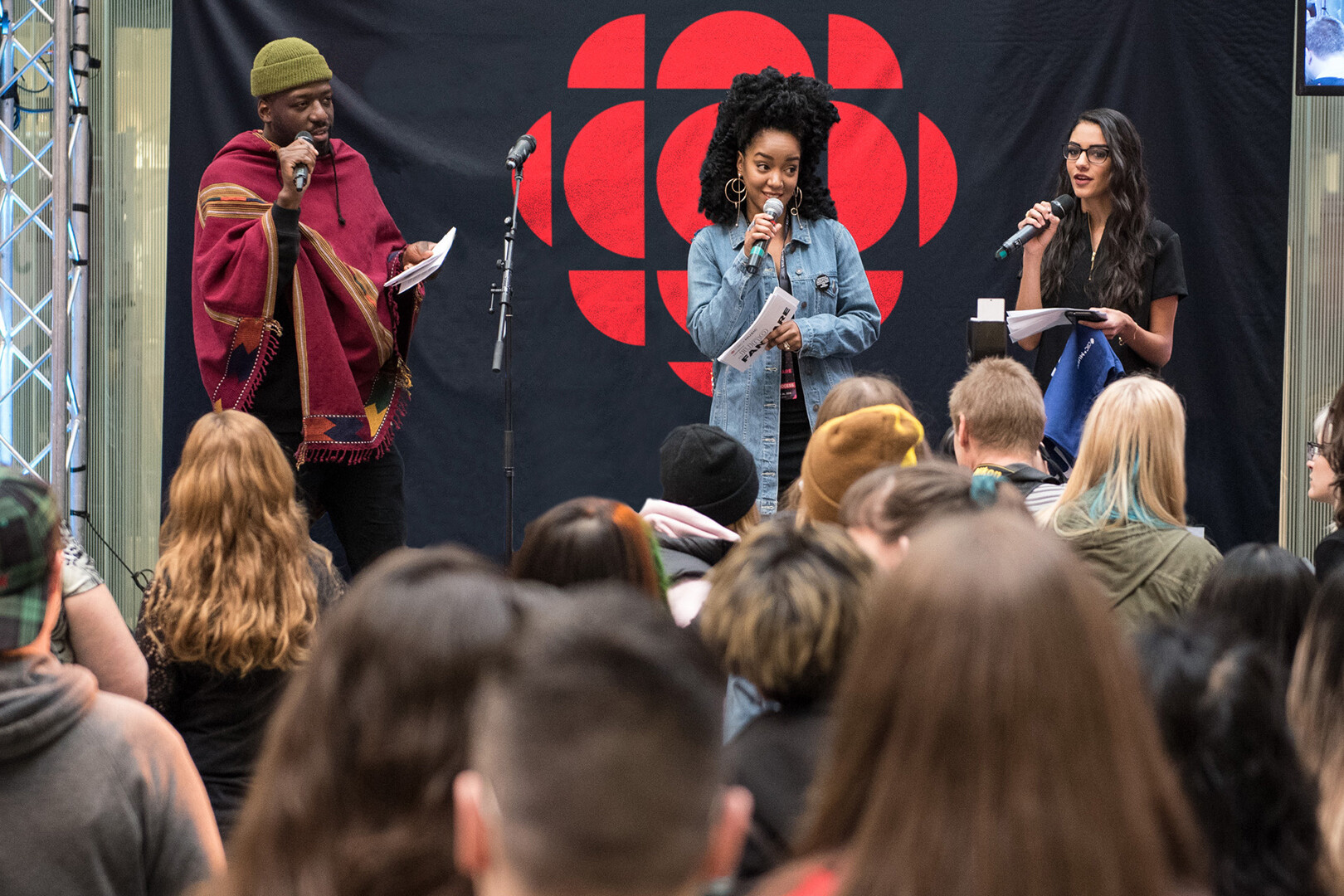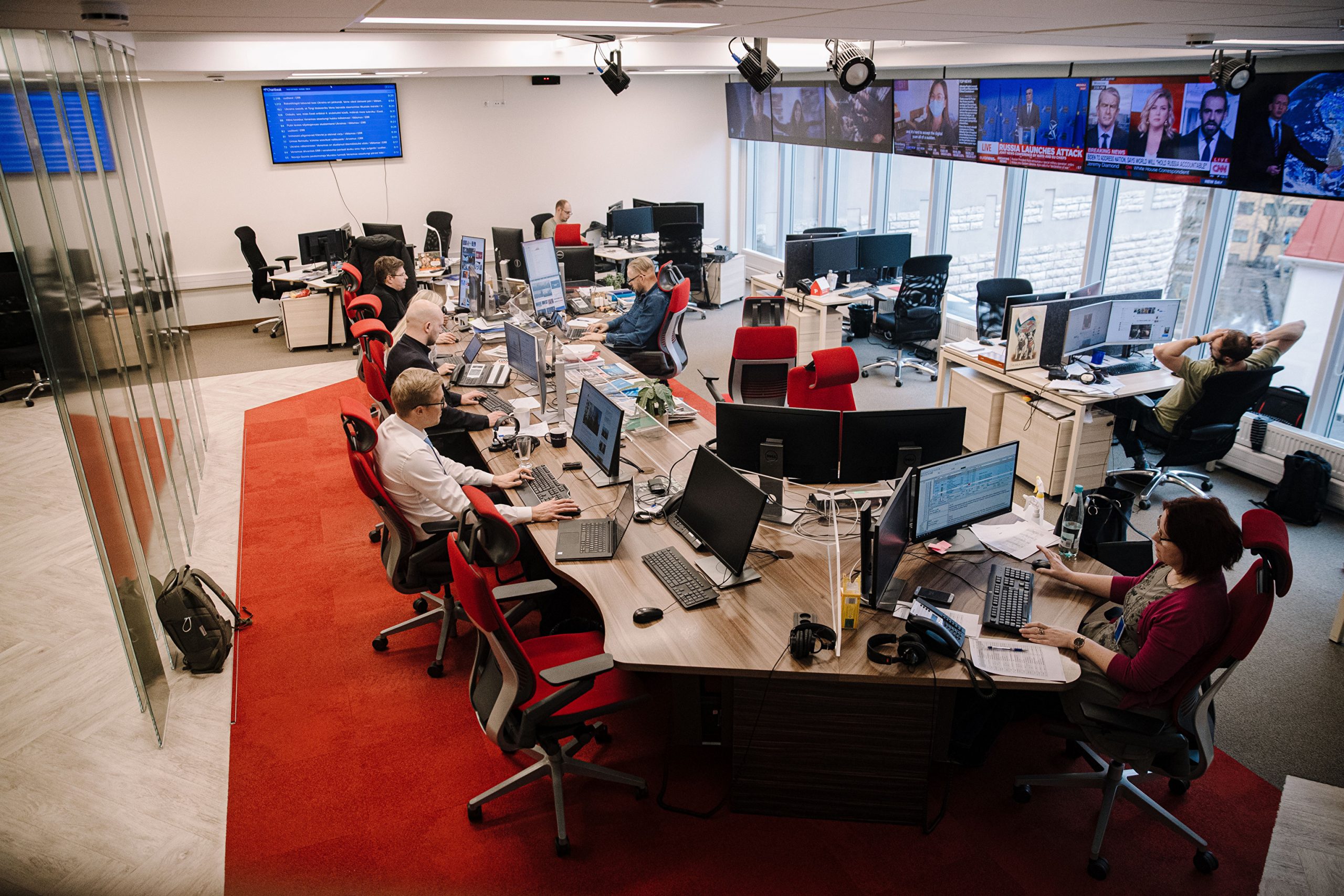Going all digital? BBC, France Télévisions consider online-only futures
12th January 2023
The BBC is eyeing an online-only future that will see the end of its traditional radio and television broadcasts over time, the public broadcaster’s Director General, Tim Davie, has said.

“For the BBC, internet-only distribution is an opportunity to connect more deeply with our audiences and to provide them with better services and choice than broadcast allows. It provides a significant editorial opportunities. A switch off of broadcast will and should happen over time, and we should be active in planning for it.” – Tim Davie, BBC Director-General
A focus on digital is nothing new to public media organisations. At Estonian Public Broadcasting (ERR) “online is first”, and the digital sphere is an opportunity for public media to both reach their audiences and be innovative industry leaders. Thai PBS is also taking a more “digital first” approach and has recently developed a new website to be more digitally-focused to fit changing consumer habits while continuing to promote a public service remit. Meanwhile, other public broadcasters, such as the Australian Broadcasting Corporation (ABC), are reportedly considering a shift in spending from television and radio to digital as part of wider plans to engage younger audiences.
But the BBC is certainly at the forefront of the shift towards an all-digital future. In May 2022, the BBC said it would reinvest £300 million to drive its new “digital first” strategy. Investment would be made into services such as the BBC’s OTT platform, iPlayer, and their audio platform, Sounds. There is a target to have 75% of viewers come through iPlayer every week. News, bulletins, and local services will all be adapted to best serve audiences digitally.
📢 The BBC has set out the blueprint to build a digital public service media organisation. In a speech to staff, Director-General Tim Davie said the BBC must reform to stay relevant and continue to provide great value for all.
Read more: https://t.co/B7CsQa6buk pic.twitter.com/gjlbeIoFzU— BBC Press Office (@bbcpress) May 26, 2022
Now, the broadcaster is turning its attention to an all-digital future. “We will be world-leading pioneers in this. No one in the world has created a digitally led public service media company of scale and the global opportunity for us is there for the taking,” BBC’s Director General, Tim Davie said at a Royal Television Society event in December.
The move has already been supported by France Télévisions. Le Figaro reports that Delphine Ernotte, President of France Télévisions, supports elements of the BBC’s all-digital plan, such as providing public media offers under a single brand. “The public service today [in France] is six brands, six platforms, even double or triple the number of websites […] Our horizon line is the grouping to increase our power,“ she said.
But central to such a future is how it would be funded and sustained. Speaking at a recent Royal Television Society (RTS) event, BBC Director-General Tim Davie emphasised that capital investment into the BBC was important for a transition to a digital future. “Moving to digital is not the challenge in of itself; moving to digital while not losing most of your audience and burning millions of pounds unnecessarily is the challenge,” he said.
He pointed out that while the licence fee will remain in place until 2027/2028, the BBC has been challenged with providing value to audiences for the fee while contending with significant core funding cuts and hiked pricing and media costs. Looking into the 2030s, Mr. Davie said that the public broadcaster is open-minded about future funding mechanisms but “it is critical that we need a universal solution that fuels UK public service growth not stifles it while offering audiences outstanding value for money.”
Meanwhile in France, the abolition of the licence fee without a long-term replacement last year has left public media in a precarious position. Ms. Ernotte said France Télévisions cannot survive further cuts and is already at its slimmest. France Télévisions has not yet revealed how it hopes to achieve an all-digital future, especially in the face of funding struggles.
Mr. Davie stressed that while the BBC will continue with ambitious plans – such as pursuing commercial avenues and increasing partner investment and deals – there is still the need for “serious public service investment” and, notably more money to support the World Service to avoid further cuts.
Leaving no one behind
With a mission of universality, public media organisations must ensure that they remain accessible to all audiences and this has been an important consideration for the BBC’s all-digital future, Mr. Davie said. However, he noted potential threats of a broadcast switch-off, such as access to content no longer remaining universal and content being unaffordable for too many.
“We must work together to ensure that everyone is connected, and can get their TV and radio via the internet. This isn’t something to resist. A fully connected UK has very significant benefits for society and our economy. It would unleash huge opportunities for innovation […] We must close gaps and guarantee accessibility for all,” he said.
Mr. Davie stressed that it was critical that internet coverage nationally be increased in the coming years. ”Forecasts suggest that by 2030, about two million homes will still not be using fixed-line broadband and even in a few years 5% of the UK landmass may not be covered by 5G or 4G to provide content on the move […] While the BBC cannot fund the build-out, it can collaborate with others to make a move to online attractive to all, and play a big part in educating people about the transition. We will become more active as part of a coalition to make this happen.”
Meanwhile at France Télévisions, Ms. Ernotte said that while the time has not yet come for an end of linear distribution, broadcasters must be prepared for it. Live television’s use in France remains dominant, she said, while linear channels provide a significant opportunity to promote public media platforms. She also noted that digital terrestrial television (DTT) remains the sole source of access to TV content for many French people, especially those in rural areas. Nonetheless, Ms. Ernotte said, “Within 10 years, the TV media will have to make major strategic choices on the method of broadcasting their content.”
Differentiating public media

“In this new world, the next choice we need make is to champion a clear, market leading role for the BBC. How will we inform, educate and entertain in 2030? The answer must be to differentiate and not copy.” – Tim Davie, BBC Director-General
For public media organisations, differentiating themselves from their competitors is central to an all-digital future. Ms. Ernotte of France Télévisions said she hopes to further differentiate the public broadcaster by ion its France.TV platform by 2024. France.TV already reaches “more French people every month than Netflix or Disney+”, Ms. Ernotte said.
Meanwhile, the BBC’s all-digital future will largely focus on transforming the public broadcaster faster to deliver a compelling offer that sets it apart from its competitors. Mr. Davie stressed the importance of differentiating the BBC from global players in the area of universality by bolstering its access for, relevance to, and engagement with most or all UK audiences.
According to Mr. Davie, the BBC will aim to maximise the relevance of its core output and will focus its effort on:
- Nurturing an informed society through impartial, trusted news and information
- Inspiring and supporting people of all ages with trusted knowledge and training
- Engaging audiences with high-quality local British creativity from across the UK
“Over time this will mean fewer linear broadcast services and a more tailored joined up online offer. As examples, we will double down on the latest work in News on disinformation, or accelerate the drive to ensure that Network drama is sourced from across the UK which differentiates us from others,” he said.
However, while a digital future provides a huge opportunity to offer more audience value, it would require significant organisational change, including an overhaul of how the BBC uses data and the introduction of new operating models, a world-class tech team, and new creative ideas and solutions. Mr. Davie also revealed that an all-digital BBC would have fewer brands and the consolidation of its offer into a single brand in the UK, as well as globally. He added that sub-brands, such as BBC News, will also be simplified.
Watch the entire speech delivered by Mr. Tim Davie:
Related Posts
20th December 2022
PSM Unpacked | Communicating public value to audiences
Our global membership recently joined…
19th May 2022
“Online is first”: how ERR uses the digital sphere to become a market leader
Erik Roose, the ERR Board Chair, argues…


